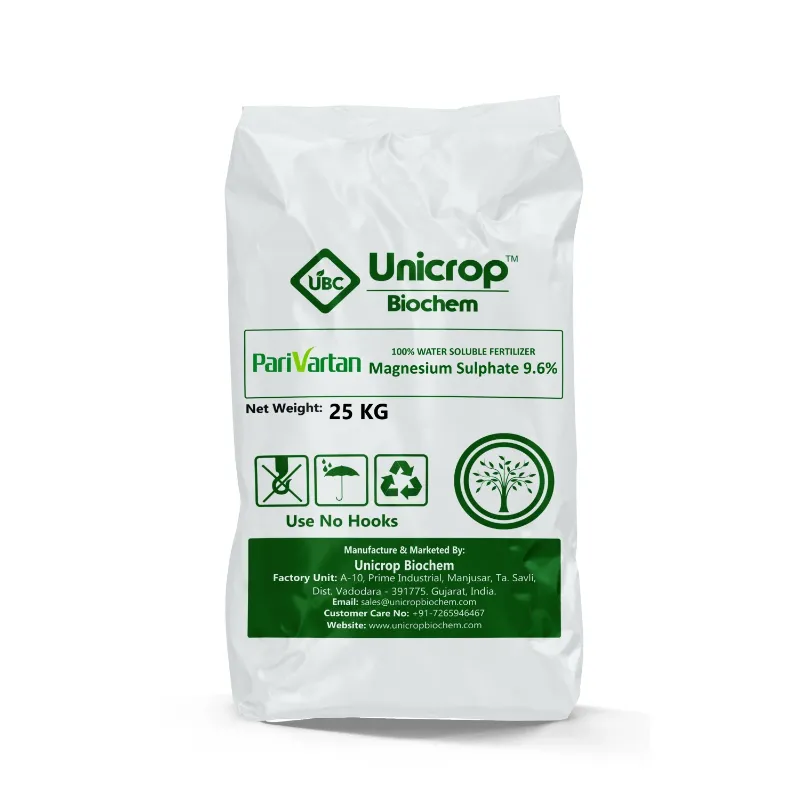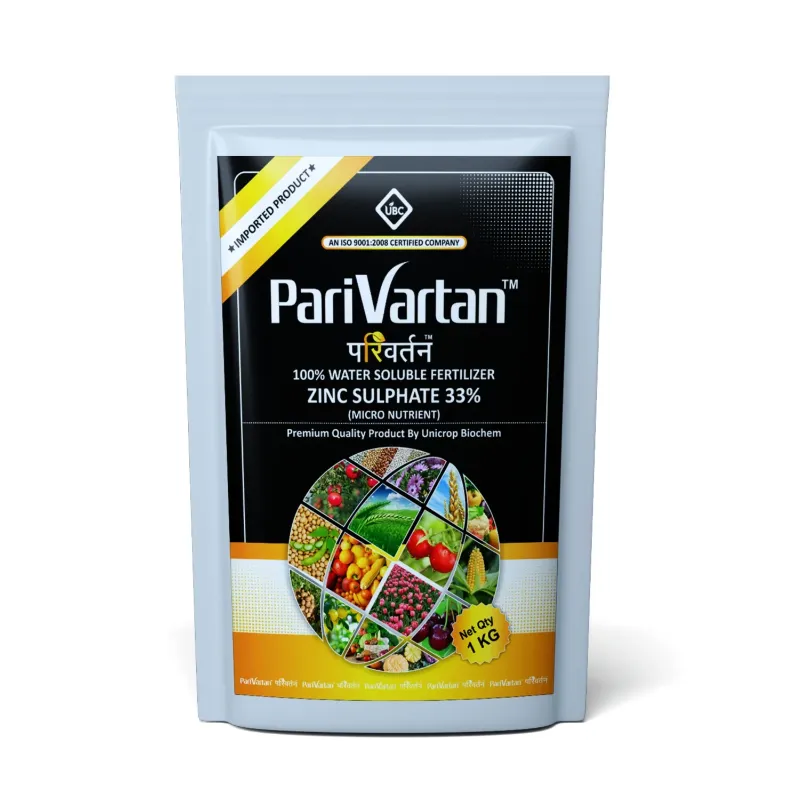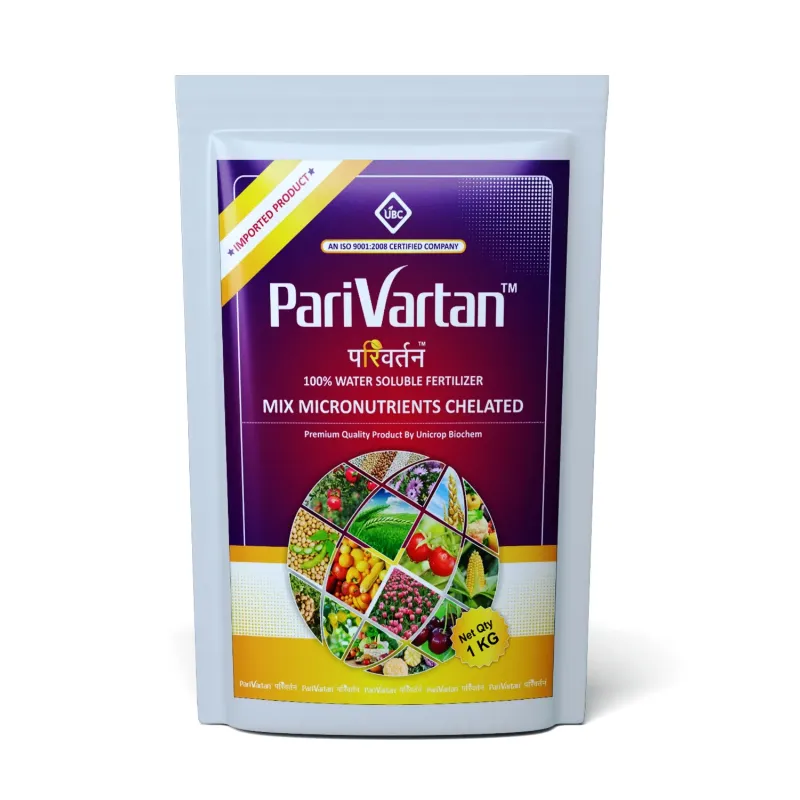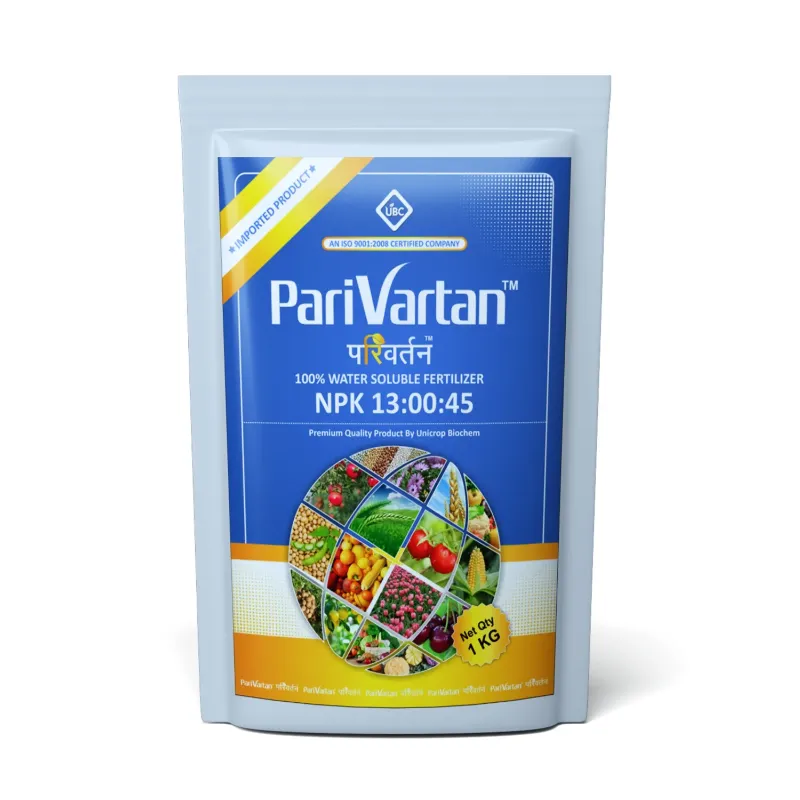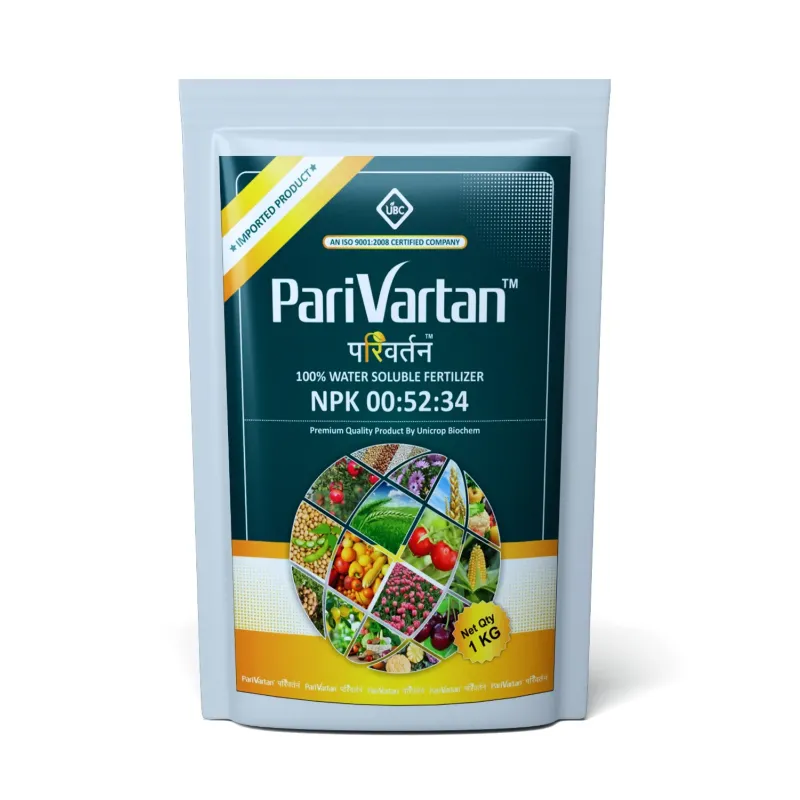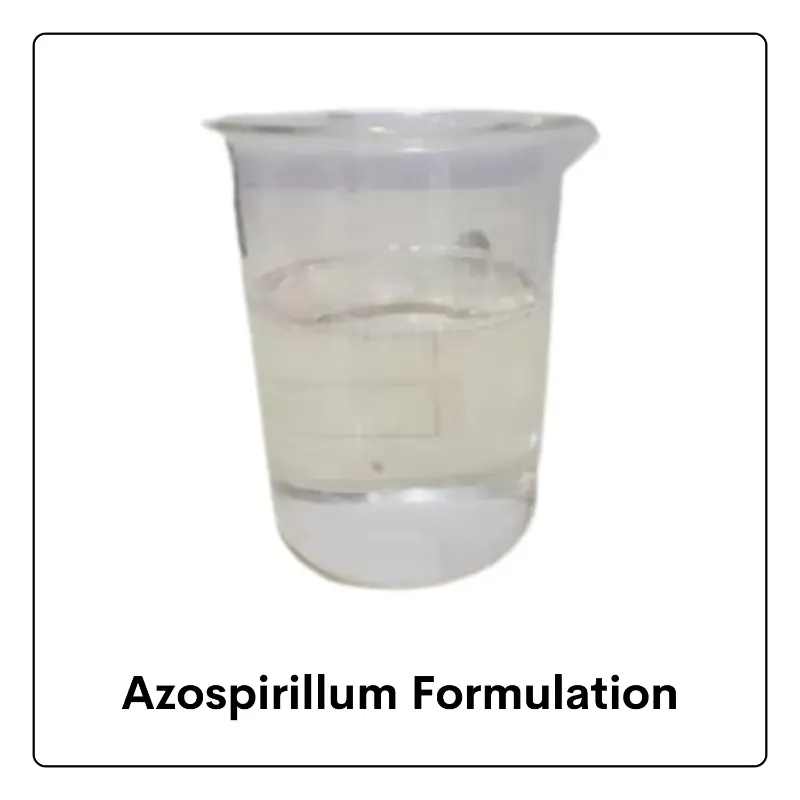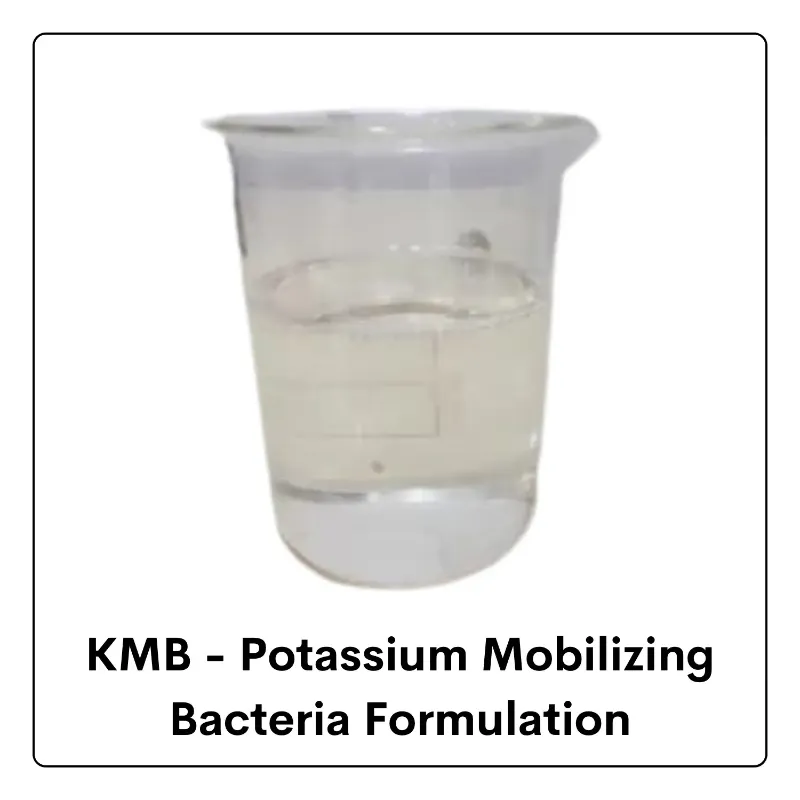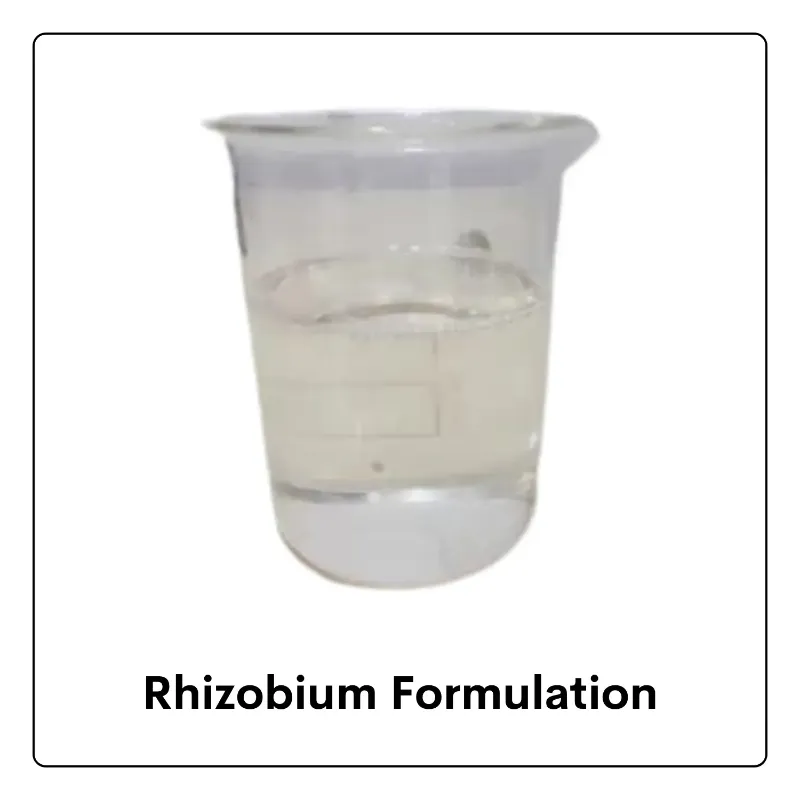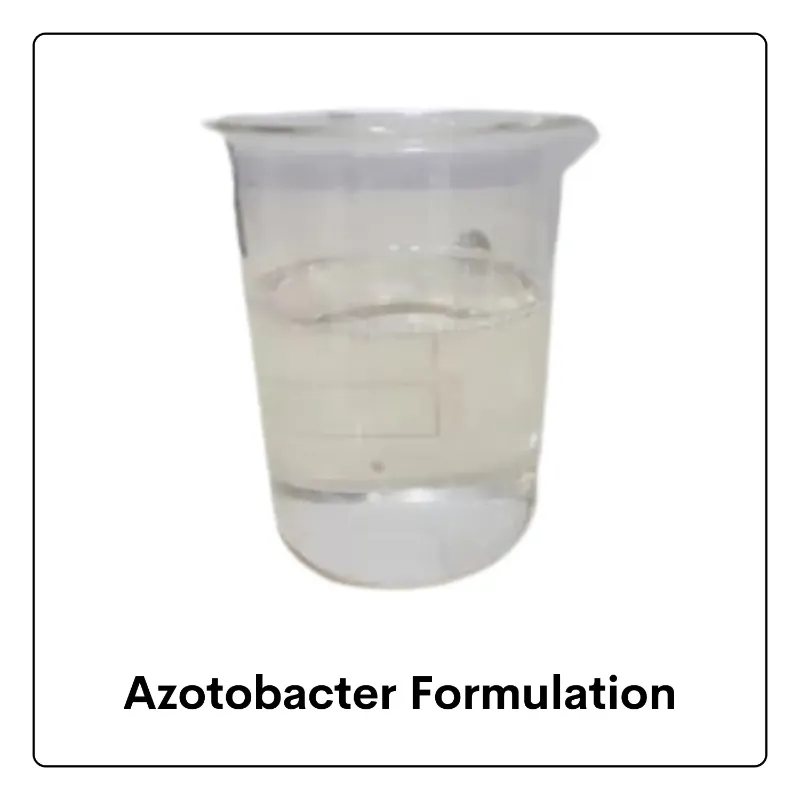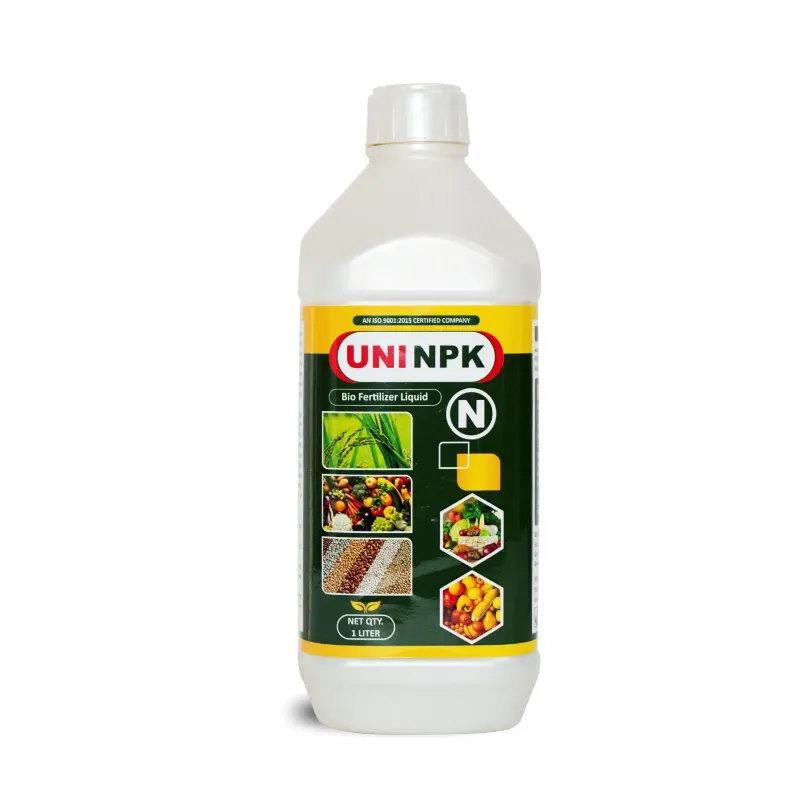Introduction:
While NPK fertilizers play a crucial role in enhancing plant growth and crop productivity, their use also comes with certain drawbacks and risks. Understanding these potential drawbacks is essential for implementing sustainable fertilizer management practices and mitigating adverse effects on soil, water, and ecosystems.
Potential Drawbacks of NPK Fertilizers:
Nutrient Imbalance:
Over-reliance on NPK fertilizers can lead to nutrient imbalances in the soil, particularly if one nutrient is applied in excess compared to others. Imbalances in nitrogen, phosphorus, and potassium can disrupt soil fertility, alter microbial populations, and hinder nutrient cycling processes, affecting long-term soil health and productivity.
Soil Acidification:
Here’s the revised version with transition words added:
Moreover, nitrogen-based fertilizers, such as ammonium-based NPK formulations, can therefore contribute to soil acidification over time. In addition, excessive application of nitrogen can consequently increase soil acidity levels, thus lowering pH and potentially affecting nutrient availability and plant growth. Furthermore, soil acidification can also impact beneficial soil organisms and as a result contribute to aluminum and manganese toxicity in acidic soils.
Nutrient Leaching and Runoff:
Water-soluble nutrients in NPK fertilizers, such as nitrate nitrogen and soluble phosphorus and potassium compounds, are susceptible to leaching and runoff during rainfall or irrigation events. Leaching of nutrients can lead to groundwater contamination, while runoff can contribute to surface water pollution, eutrophication, and algal blooms, posing risks to aquatic ecosystems and human health.
Environmental Pollution:
Excessive or improper use of NPK fertilizers can result in environmental pollution, including air pollution from ammonia volatilization, greenhouse gas emissions from nitrogen transformations, and water pollution from nutrient runoff. These pollutants can have detrimental effects on air quality, water quality, and ecosystem integrity, impacting biodiversity and human well-being.
Soil Degradation:
Continuous application of NPK fertilizers without proper nutrient management practices can lead to soil degradation and loss of soil fertility over time. Soil compaction, erosion, and loss of organic matter can occur, diminishing soil structure, water infiltration, and nutrient retention capacity. Degraded soils are less productive and resilient, requiring increased inputs to maintain crop yields.
Salt Accumulation:
Some NPK fertilizers, particularly those containing high levels of potassium or phosphorus salts, can contribute to salt accumulation in the soil. Salt buildup can negatively affect soil structure, water uptake by plants, and microbial activity, leading to reduced crop growth and yield potential. Soil salinity can also increase the risk of crop damage and yield losses in salt-sensitive crops.
Mitigation Strategies for NPK Fertilizer Risks:
Nutrient Management Planning:
Implementing nutrient management plans based on soil testing and crop nutrient requirements can help optimize NPK fertilizer use and minimize nutrient imbalances. Balanced fertilization strategies ensure that nutrient inputs match crop demand, reducing the risk of nutrient loss and environmental impact.
Precision Agriculture Techniques:
Adopting precision agriculture technologies, such as variable rate application and GPS-guided equipment, enables targeted and efficient application of NPK fertilizers based on spatial variability in soil nutrient levels. Precision agriculture helps optimize fertilizer use efficiency, minimize nutrient losses, and protect soil and water resources.
Slow-Release Fertilizers:
So Using slow-release or controlled-release NPK fertilizers can help reduce nutrient leaching and runoff by providing nutrients to plants gradually over time. Slow-release fertilizers improve nutrient uptake efficiency, minimize nutrient losses, and promote sustainable nutrient management practices.
Cover Crops and Crop Rotation:
Incorporating cover crops and practicing crop rotation can help improve soil health, reduce nutrient leaching, and enhance nutrient cycling in agroecosystems. Cover crops capture excess nutrients, prevent soil erosion, and promote organic matter accumulation, while crop rotation diversifies nutrient demands and reduces pest and disease pressure.
Organic and Alternative Fertilizers:
Integrating organic fertilizers, such as compost, manure, and biofertilizers, into NPK fertilizer management plans can provide supplemental nutrients, improve soil structure, and enhance soil microbial activity. Organic fertilizers promote sustainable nutrient cycling, reduce reliance on synthetic fertilizers, and minimize environmental impact.
Conclusion:
In conclusion, while NPK fertilizers offer numerous benefits for enhancing plant growth and crop productivity, they also pose certain risks and drawbacks if not managed properly. Nutrient imbalances, soil acidification, nutrient leaching, environmental pollution, soil degradation, and salt accumulation are among the potential risks associated with NPK fertilizer use. Implementing mitigation strategies such as nutrient management planning, precision agriculture techniques, slow-release fertilizers, cover crops, crop rotation, and organic fertilizers can help minimize these risks and promote sustainable fertilizer management practices. By adopting responsible nutrient management practices, farmers can optimize NPK fertilizer use, protect soil and water resources, and ensure the long-term productivity and environmental sustainability of agricultural systems.
